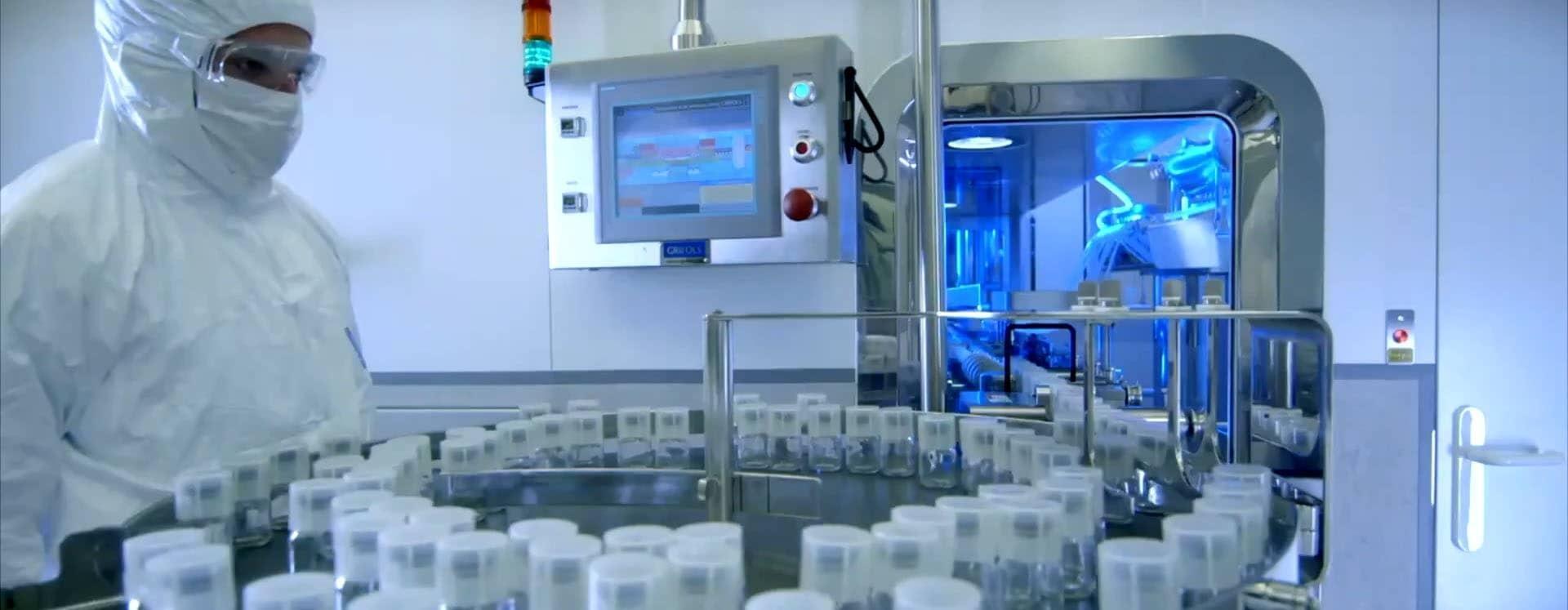Despite Vaccine Rollout, COVID-19 Will Be With Us For Awhile


At the end of 2020, a little sun finally broke through the gray skies that seemed to cover most of the year. And those glimmers of light offer some bright spots ahead in 2021.
We’re talking about the well-publicized success and rollout of COVID-19 vaccines.
But vaccine experts at Duke University caution against celebrating too soon because there is still a long way to go.
“We need to be excited and pleased where the science has gotten us in a very short period of time because it is a remarkable achievement,” said Thomas Denny, Chief Operating Officer at the Duke Human Vaccine Institute. “But we still have work to do because there are many unknowns ahead of us.”
The panel addressed several challenges related to the COVID-19 vaccine:
While the early results show promising efficacy rates of 90% and higher, the long-term effectiveness of the vaccine is unknown. That means what are known as “long-haulers” studies will continue. “We need to look for markers of long-term protection now, and until we see and understand antibody levels over a long period of time, we’re not going to know if people will need a booster shot once a year or every five-years,” said Denny.
There were health care disparities across the country before COVID-19, but the pandemic has exposed them more starkly. “The data is very clear that the death rate from COVID-19 among Black Americans, Native Americans and Latinx Americans is higher than in the general population,” said Dr. Gavin Yamey, Professor of the practice of global health and public policy at the Duke Global Health Institute. “People at higher risk should be vaccinated early, but we also need to recognize that these communities may also be suspicious of early vaccines and we need to address that.”
“There’s an adage in global health and public health, that an outbreak anywhere can become an outbreak everywhere,” said Yamey,. “We’re really not going to really bring this pandemic under control until we control viral transmission everywhere. It cannot just be in the rich world.”
However, Yamey sees history repeating itself. During the 2009 H1N1 pandemic, rich nations entered into direct deals with vaccine manufacturers to buy up vast quantities of vaccines. That meant rich countries got more of the vaccine quicker and poorer countries were left behind. So far, Yamey says 80% of the COVID-19 vaccine from Pfizer and Moderna have been purchased by rich nations.
That why David McAdams, business administration professor at Duke University is pushing for a transfer of know-how and capabilities, where vaccine makers can prepare facilities in poorer countries to manufacture vaccines.
“If we can lay the groundwork for that kind of tech transfer, we can set up those facilities faster and get more doses out to the world faster and that will benefit poor people everywhere,” adds McAdams.
“The current vaccine trials have been mostly done in adults or older children and that isn’t unusual. Most clinical trials of new products start out in healthy adults and as researchers learn the products are safe the trials are moved into other age groups. “But the protocols are being developed to look at clinical trials in younger children,” said Denny, who adds there are excellent vaccination programs already in place to reach children, once it is known if the COVID-19 vaccine is safe and effective for that age group.
The panel sees 2021 as a transition year because large numbers of people won’t be vaccinated until early summer. That means masks and social distancing will likely be needed until at least that time.